Certified or Recycled Materials
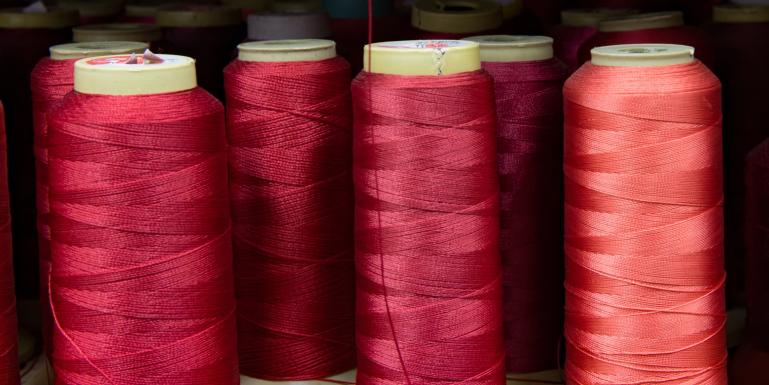
Certified Or Recycled Materials
We focus on the sustainability performance of the materials from which our products are made. When you are determined to make a change, you have to start right at the beginning.
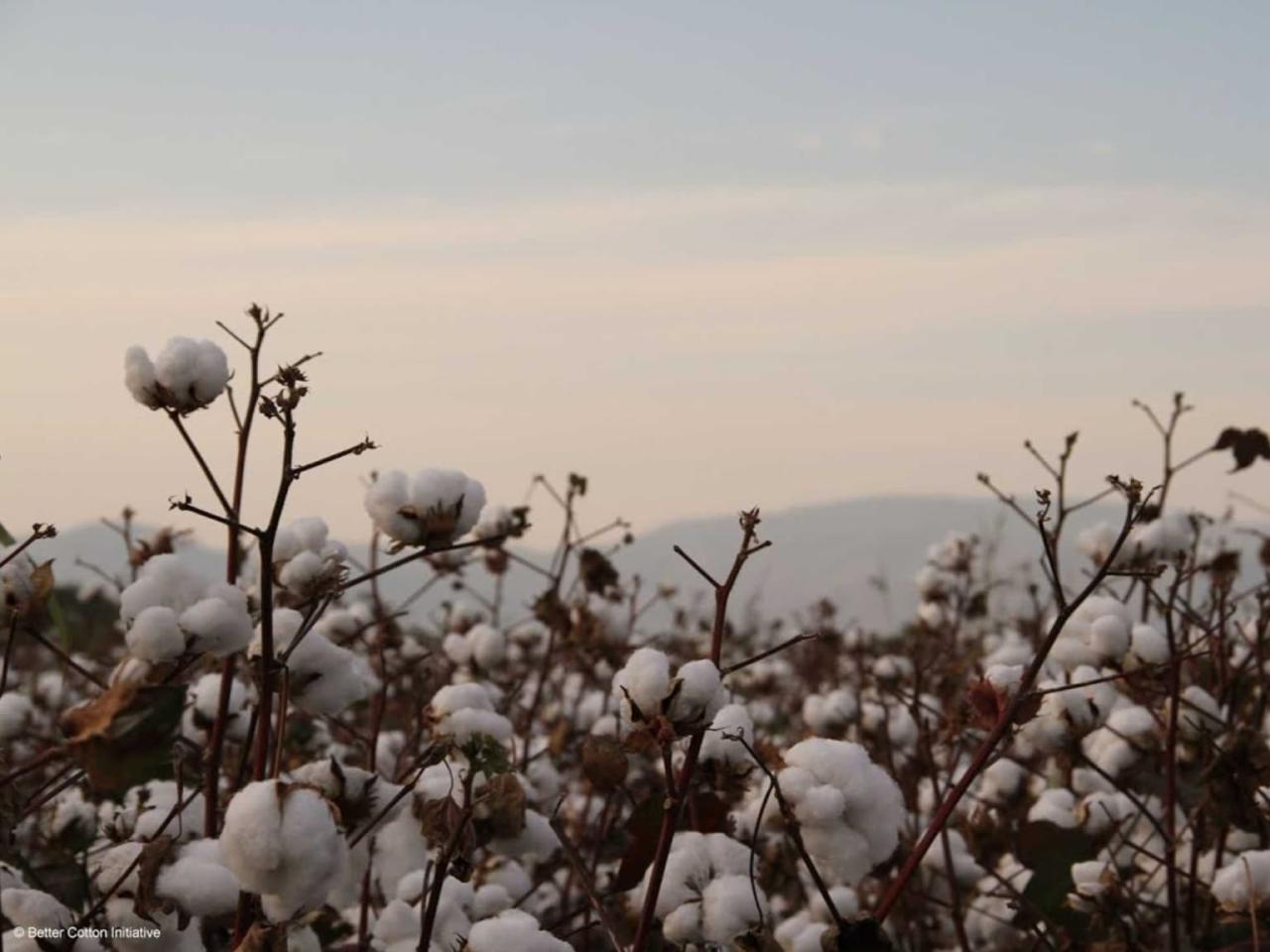
Better Environmental Performance
Over 30% of PUMA's environmental impact from product manufacturing occurs during the production of key raw materials such as polyester, cotton, and leather. To address this, we have increased the use of recycled or certified materials, which emit fewer greenhouse gases. In 2024, we achieved our goal of producing 9 out of 10 products using recycled or certified materials- one year ahead of schedule. Specifically, 13% of cotton and approximately 75% of polyester used in products were recycled, with 13.9% of polyester in apparel sourced through the textile-to-textile recycling initiative RE:FIBRE. By 2025, PUMA aims to source 100% of its cotton, polyester, leather, down feathers, paper, and cardboard from certified or recycled sources.
In 2024, we calculated PUMA’s revenues coming from certified/recycled products* as €1,871.6 million.
*The calculation is made based on 2024 product level data with recycled or/and certified content according to the standards of Recycled Claim Standard (RCS), Global Recycled Standard (GRS), bluesign®, OEKO-TEX® 100 and Leather Working Group. For the calculation, 2024 reported sales figures by product division are used and adjusted by multiplying the 2024 shipped volume % identified as certified or/and recycled content, based on the Corporate Knights methodology.
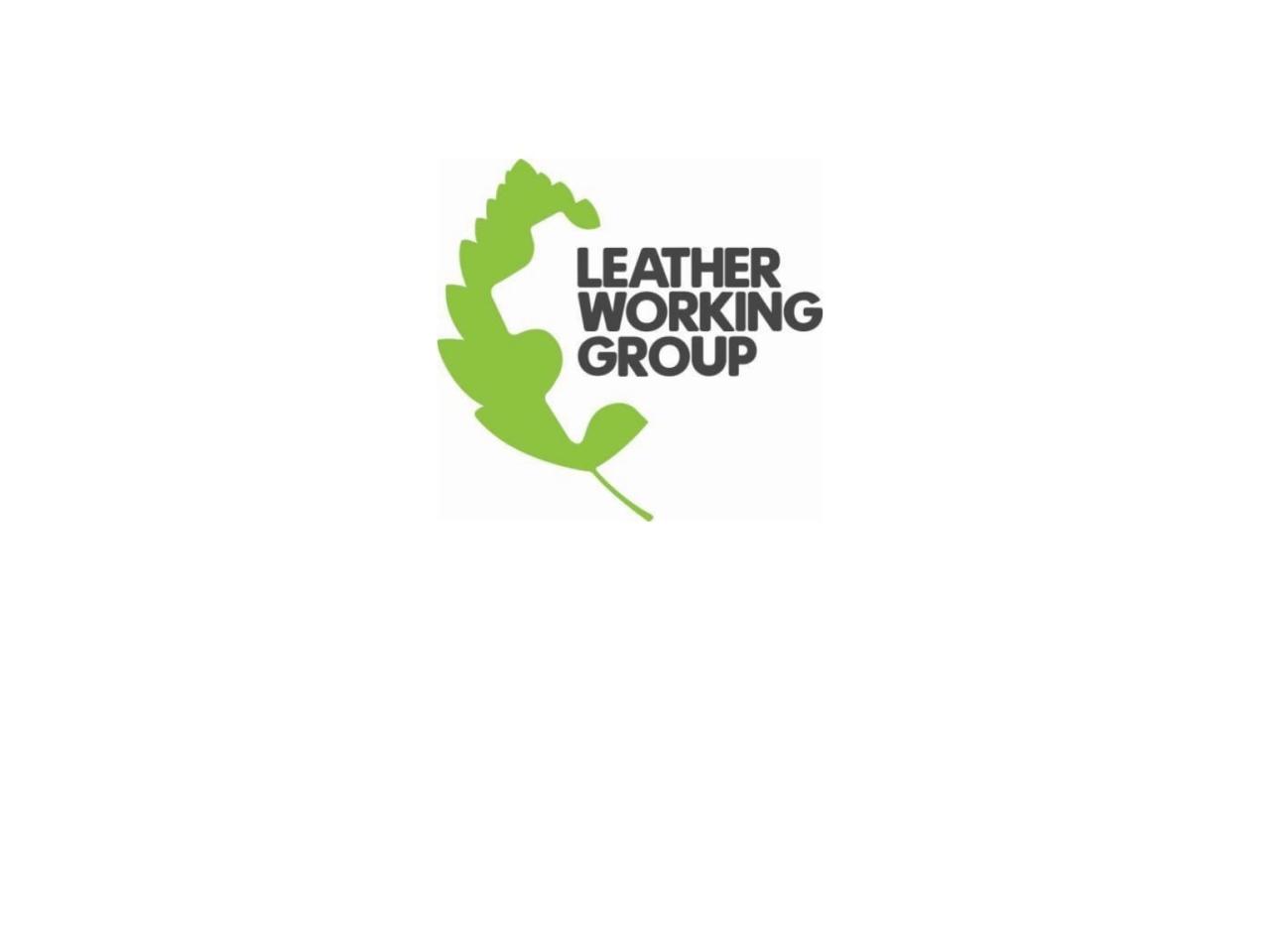
Leather
PUMA IS A MEMBER OF LEATHER WORKING GROUP
Leather Working Group (LWG) is a not-for-profit multi-stakeholder organisation committed to reducing the environmental impact of leather manufacturing. In 2024, 99.3% of our leather came from LWG-certified tanneries, indicating compliance with environmental standards.
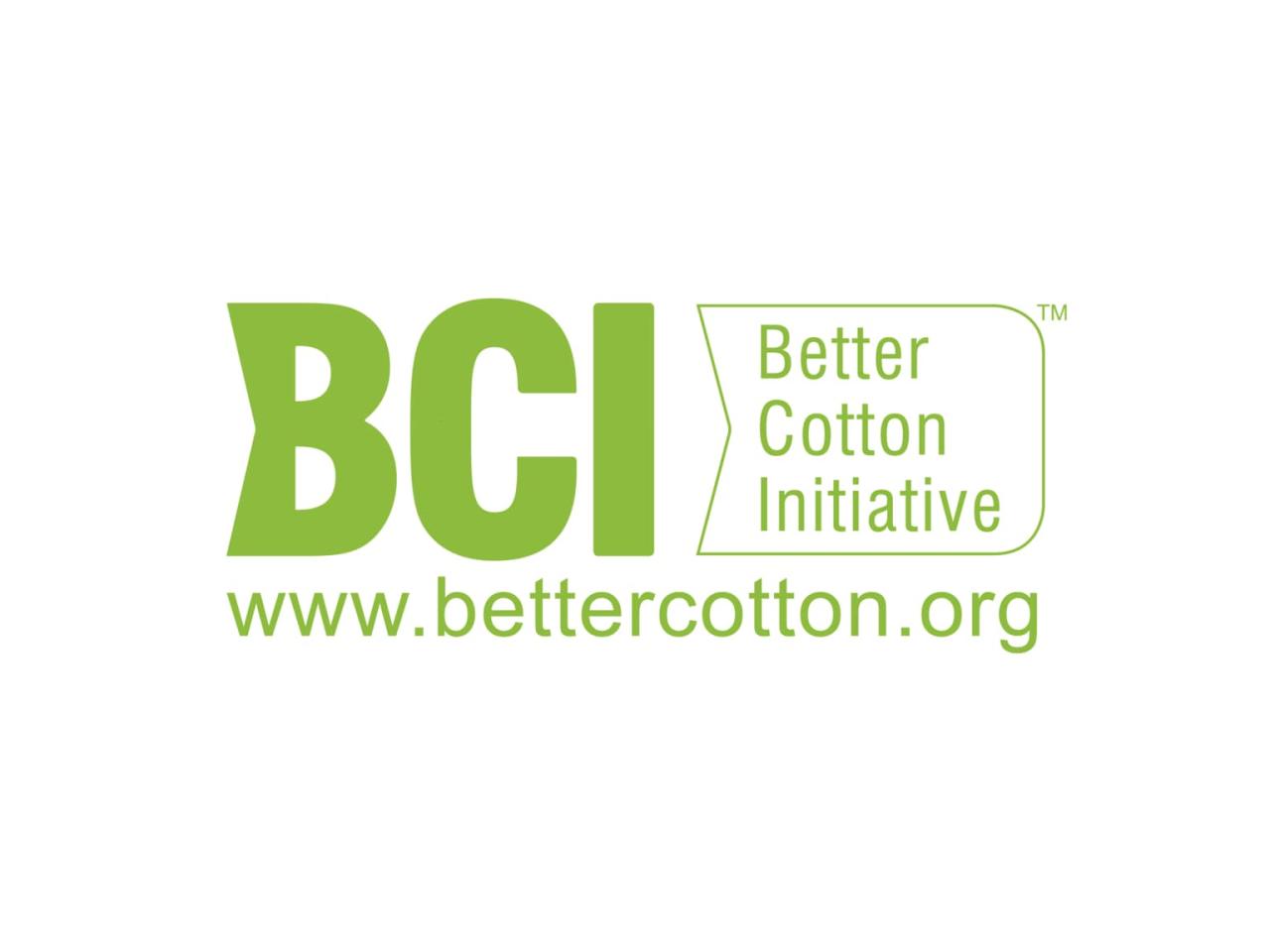
Cotton
BETTER COTTON INITIATIVE
PUMA is partners with Better Cotton Initiative (BCI) to improve cotton farming globally. We have required our suppliers to source only cotton grown in farms that are licensed as having good farming and human rights standards (the Better Cotton Initiative - BCI), or recycled cotton from factories that are either Global Recycled Standard (GRS) or Recycled Claim Standard (RCS) certified by 2025. In 2024, 99.7% of our cotton originated from the BCI, recycled, organic cotton or from regenerative agriculture.

bluesign®
PUMA decided to have the polyester used in our products certified by either bluesign® or Oeko-Tex. The bluesign® system eliminates harmful substances right from the beginning of the manufacturing process by considering production processes as a whole. To prevent unsustainable substances from entering the production cycle at all and to be eliminated, bluesign® sets and controls standards for an environmentally friendly and safe production.

OEKO-TEX®
PUMA uses STANDARD 100 by OEKO-TEX® certified materials at scale to ensure highest standards on chemicals management and product safety.
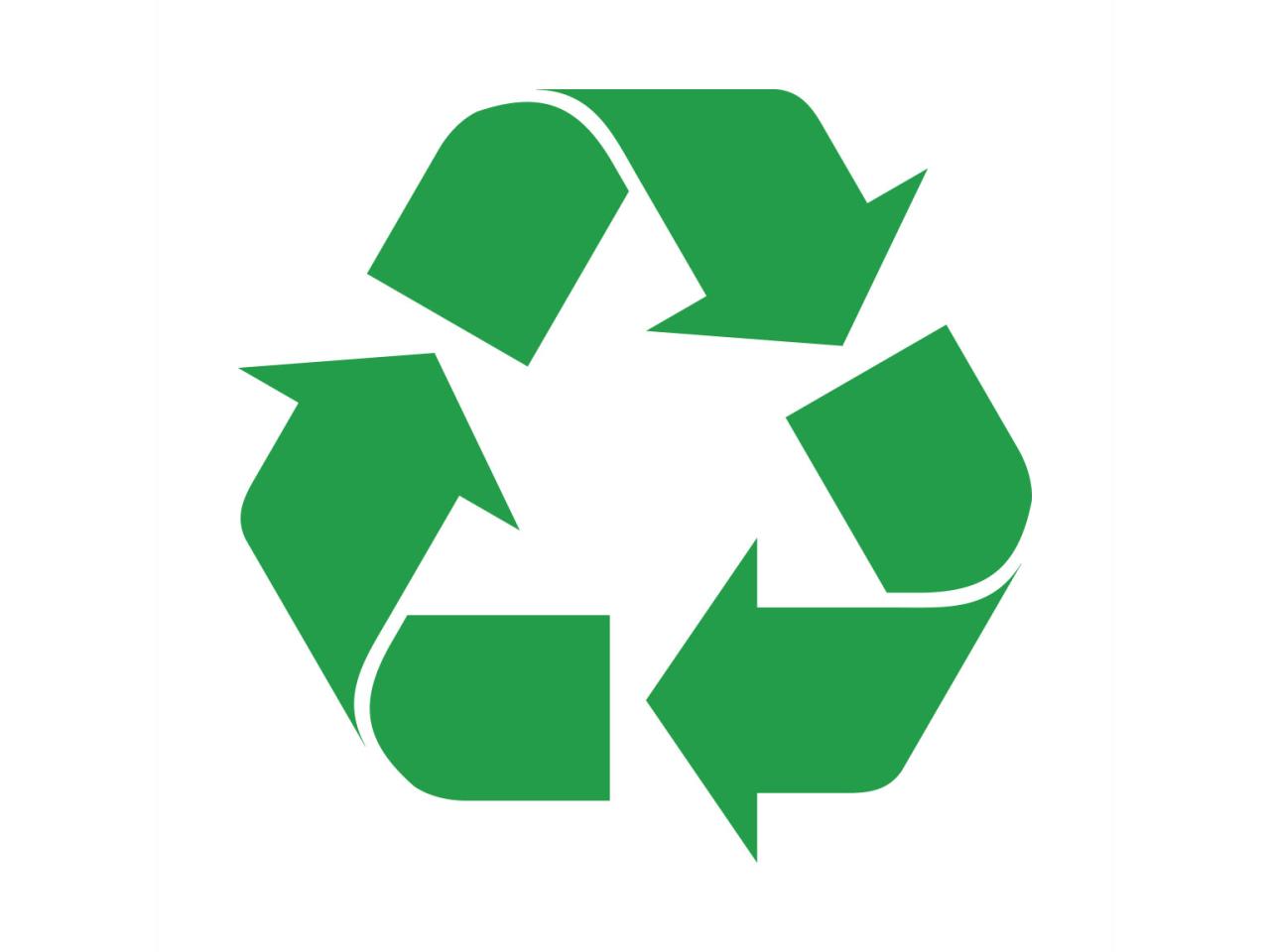
Recycled Polyester
In 2024, 75% of our polyester was recycled and we further progressed on textile-to-textile recycled polyester with 7% polyester coming from this source for all product divisions. In 2030, we aim to achieve 100% recycled polyester, out of which 30% will come from textile-to– textile recycled sources for apparel products. Recycled polyester helps divert plastic waste from landfills and oceans, while also reducing greenhouse gas emissions compared to virgin polyester. Scaling its use is an important step in our journey toward a more circular and resource-efficient business model.
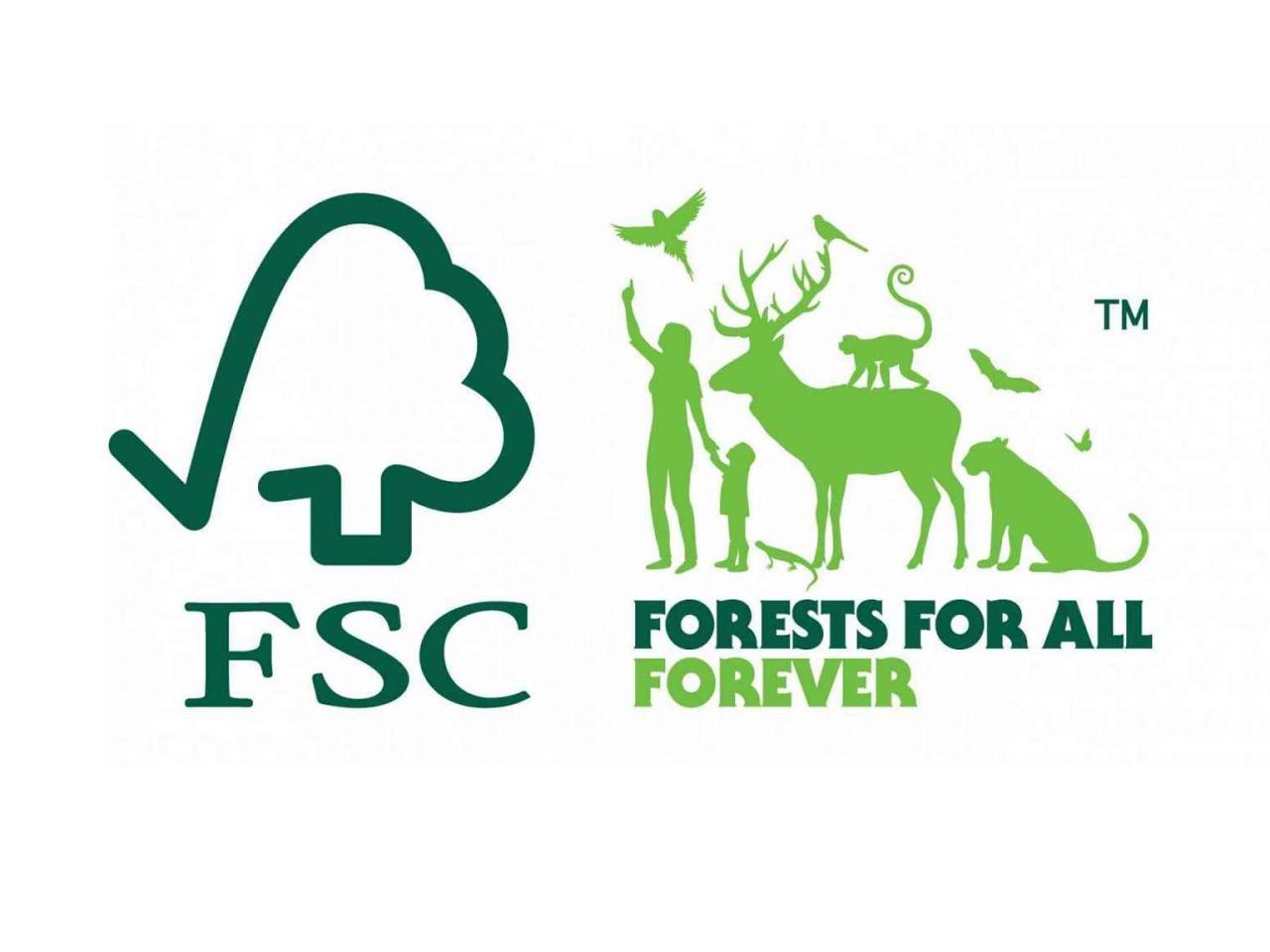
Packaging
FOREST STEWARDSHIP COUNCIL
We have set a target to use 100% certified and/or recycled paper and cardboard by 2025. As of 2024, 99.5% of our paper and cardboard packaging was FSC-certified or recycled paper. Over the recent years we switched all our shopping bags to FSC-certified paper bags. FSC sets standards for a responsibly managed forest – environmentally and socially. FSC forest management certification confirms a forest is being managed in a way that preserves the natural ecosystem and benefits the lives of local people and workers, all while ensuring it sustains economically viability.
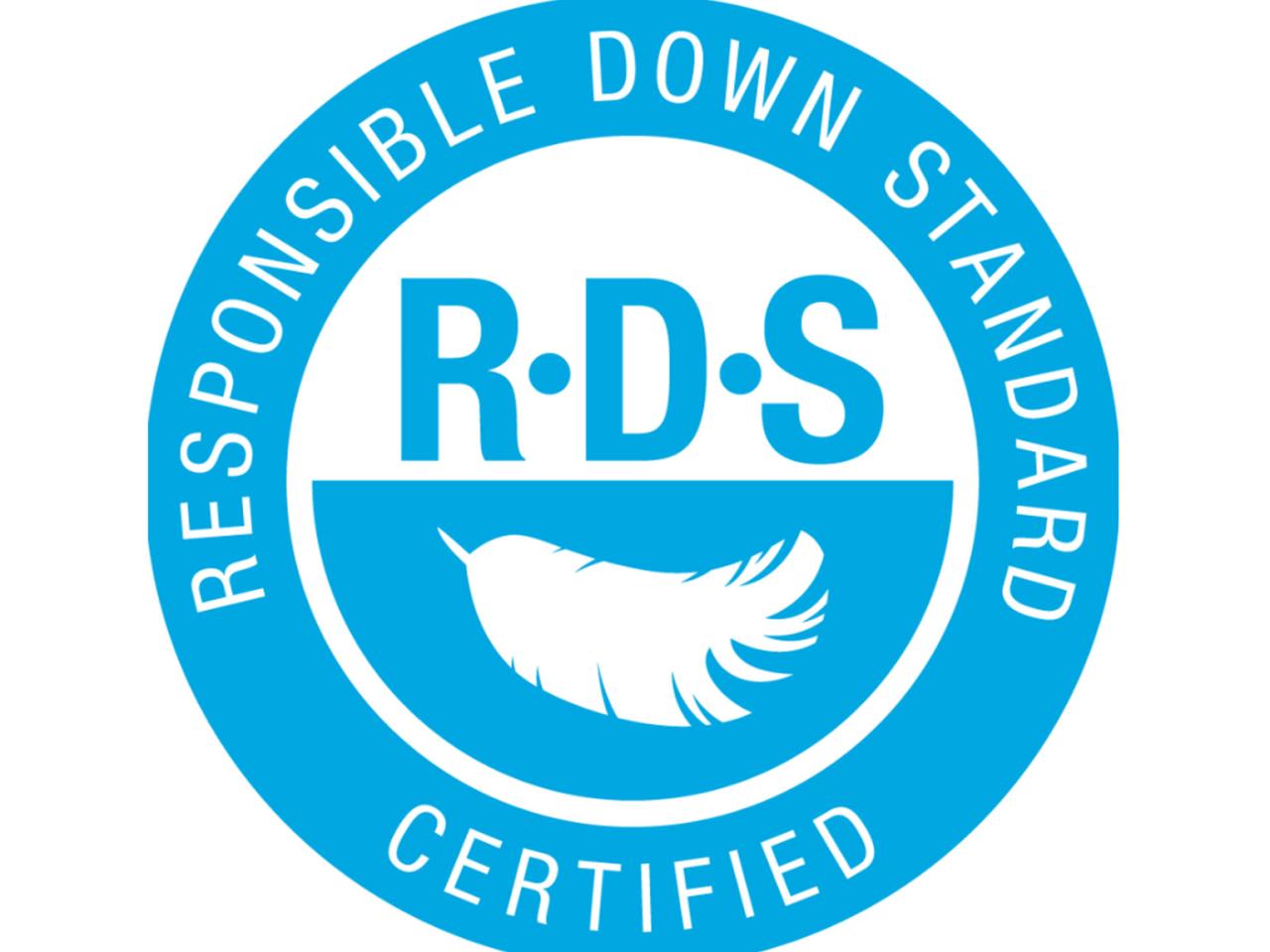
Down Feathers
RESPONSIBLE DOWN STANDARDS
Since 2020, all PUMA products using down feathers are made with 100% RDS-certified down.
The RDS ensures that the down in a product does not come from birds that have been live-plucked or force-fed and that their welfare has been protected during their whole lifetime.